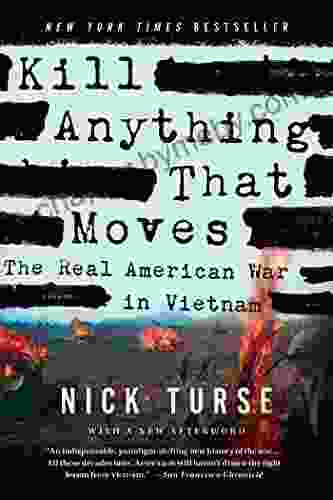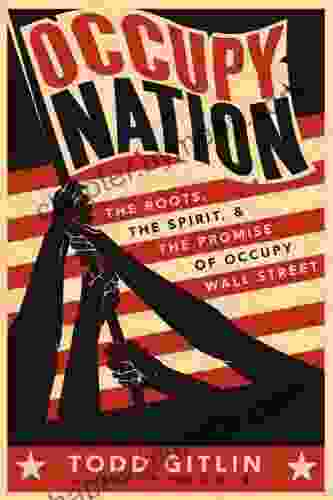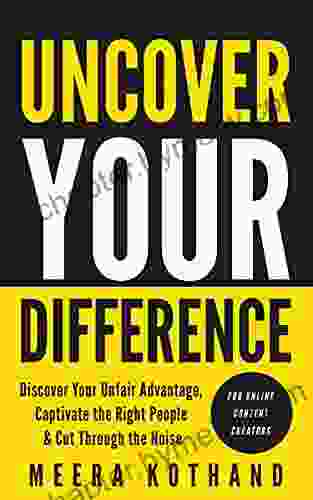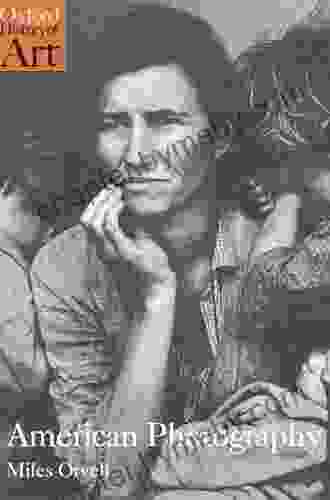The Real American War In Vietnam: American Empire Project

4.5 out of 5
| Language | : | English |
| File size | : | 3380 KB |
| Text-to-Speech | : | Enabled |
| Screen Reader | : | Supported |
| Enhanced typesetting | : | Enabled |
| X-Ray | : | Enabled |
| Word Wise | : | Enabled |
| Print length | : | 401 pages |
The American War in Vietnam was a major turning point in American history. It was the first war that the United States lost, and it led to a deep questioning of American foreign policy. The war also had a profound impact on the Vietnamese people, who suffered greatly from the conflict.
In his new book, _The Real American War In Vietnam_, historian David Halberstam offers a fresh perspective on this pivotal event. Halberstam argues that the war was not simply a matter of good versus evil, but rather a complex and nuanced conflict that was shaped by a variety of factors, including the Cold War, American imperialism, and the rise of nationalism in Vietnam.
Halberstam's book is based on extensive research, including interviews with veterans, policymakers, and Vietnamese civilians. He paints a vivid picture of the war, from the early days of the French Indochina War to the final withdrawal of American troops in 1973. Halberstam also provides a thoughtful analysis of the war's legacy, arguing that it continues to shape American foreign policy today.
_The Real American War In Vietnam_ is a must-read for anyone who wants to understand this important chapter in American history. Halberstam's insights are invaluable, and his book is sure to provoke debate and discussion for years to come.
The Cold War and the Domino Theory
The Cold War was a major factor in the American decision to intervene in Vietnam. The United States feared that if Vietnam fell to communism, it would lead to a domino effect, with other countries in Southeast Asia following suit. This domino theory was based on the assumption that communism was a monolithic bloc, and that any gains made by communists anywhere in the world would strengthen the entire communist bloc.
The domino theory was a flawed assumption, but it was widely believed in Washington at the time. It helped to justify the American intervention in Vietnam, which was seen as a way to contain the spread of communism in Southeast Asia.
American Imperialism
American imperialism was another factor that contributed to the American decision to intervene in Vietnam. The United States had a long history of intervening in the affairs of other countries, particularly in Latin America and the Caribbean. This interventionism was often driven by economic interests, as the United States sought to protect its investments and markets in these regions.
In the case of Vietnam, the United States was concerned about the potential loss of its economic interests in Southeast Asia. The United States had invested heavily in Vietnam, and it feared that a communist victory would jeopardize these investments.
The Rise of Nationalism in Vietnam
The rise of nationalism in Vietnam was another factor that contributed to the American decision to intervene in Vietnam. The Vietnamese people had a long history of fighting for their independence from foreign rule. In the 19th century, they had fought against the French, and in the 20th century, they fought against the Japanese. After World War II, the Vietnamese people were determined to achieve their independence from France.
The United States supported the Vietnamese people in their struggle for independence from France. However, the United States was also concerned about the rise of communism in Vietnam. The United States feared that a communist victory in Vietnam would lead to the spread of communism in Southeast Asia.
The American War in Vietnam
The American War in Vietnam began in 1955, when the United States sent military advisors to South Vietnam to help the South Vietnamese government fight against the communist-led Viet Cong. The war escalated in 1965, when the United States began bombing North Vietnam and sending combat troops to South Vietnam.
The American War in Vietnam was a long and bloody conflict. The war lasted for more than 10 years, and it resulted in the deaths of more than 58,000 American soldiers and more than 3 million Vietnamese civilians.
The American War in Vietnam was a major turning point in American history. It was the first war that the United States lost, and it led to a deep questioning of American foreign policy.
The Legacy of the American War in Vietnam
The American War in Vietnam had a profound impact on the United States. The war led to a loss of trust in the American government and a decline in American prestige around the world. The war also led to a deep division in American society, with many Americans questioning the country's role in the world.
The American War in Vietnam also had a profound impact on Vietnam. The war caused widespread death and destruction, and it left a deep scar on the Vietnamese people.
The American War in Vietnam is a complex and controversial topic. There is no easy answer to the question of who was responsible for the war, or who won or lost. However, David Halberstam's book, _The Real American War In Vietnam_, provides a valuable insight into this important chapter in American history.
Image Gallery

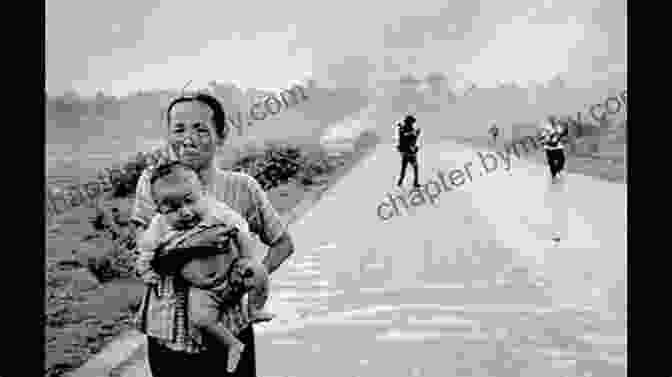
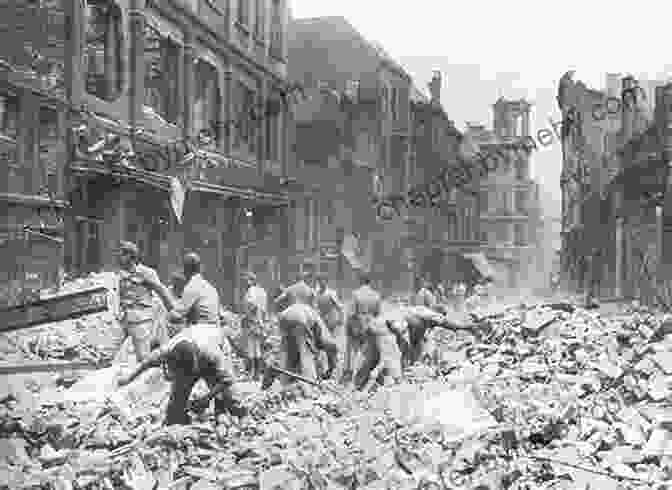
4.5 out of 5
| Language | : | English |
| File size | : | 3380 KB |
| Text-to-Speech | : | Enabled |
| Screen Reader | : | Supported |
| Enhanced typesetting | : | Enabled |
| X-Ray | : | Enabled |
| Word Wise | : | Enabled |
| Print length | : | 401 pages |
Do you want to contribute by writing guest posts on this blog?
Please contact us and send us a resume of previous articles that you have written.
 Book
Book Novel
Novel Page
Page Chapter
Chapter Text
Text Story
Story Genre
Genre Reader
Reader Library
Library Paperback
Paperback E-book
E-book Magazine
Magazine Newspaper
Newspaper Paragraph
Paragraph Sentence
Sentence Bookmark
Bookmark Shelf
Shelf Glossary
Glossary Bibliography
Bibliography Foreword
Foreword Preface
Preface Synopsis
Synopsis Annotation
Annotation Footnote
Footnote Manuscript
Manuscript Scroll
Scroll Codex
Codex Tome
Tome Bestseller
Bestseller Classics
Classics Library card
Library card Narrative
Narrative Biography
Biography Autobiography
Autobiography Memoir
Memoir Reference
Reference Encyclopedia
Encyclopedia Steve P Vincent
Steve P Vincent Mary Renault
Mary Renault Tony Blackman
Tony Blackman Michael H Hodges
Michael H Hodges Mitch Horowitz
Mitch Horowitz Perre Coleman Magness
Perre Coleman Magness Mia Tavonatti
Mia Tavonatti Michael Paul
Michael Paul Michael Perelman
Michael Perelman Mary Wong
Mary Wong Mike Weinberg
Mike Weinberg Maureen Johnson
Maureen Johnson Robin Ratchford
Robin Ratchford Michael Engler
Michael Engler Meg Touchton
Meg Touchton Michael Lanza
Michael Lanza Martin Orwin
Martin Orwin Mike Tomkies
Mike Tomkies Dexter Roberts
Dexter Roberts Mayim Bialik
Mayim Bialik
Light bulbAdvertise smarter! Our strategic ad space ensures maximum exposure. Reserve your spot today!
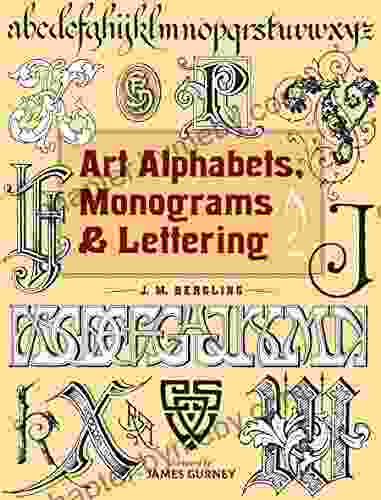
 David MitchellUnleash Your Creativity: The Ultimate Guide to "Art Alphabets Monograms And...
David MitchellUnleash Your Creativity: The Ultimate Guide to "Art Alphabets Monograms And...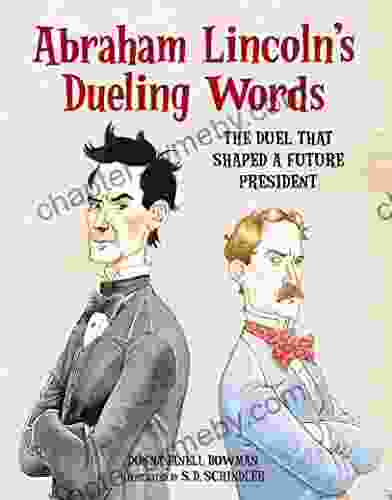
 Adrien BlairThe Duel That Shaped Future President: The Untold Story of Alexander Hamilton...
Adrien BlairThe Duel That Shaped Future President: The Untold Story of Alexander Hamilton... Vic ParkerFollow ·9.1k
Vic ParkerFollow ·9.1k August HayesFollow ·13.7k
August HayesFollow ·13.7k Colin FosterFollow ·5.6k
Colin FosterFollow ·5.6k Dan BellFollow ·7.9k
Dan BellFollow ·7.9k Isaac MitchellFollow ·5.9k
Isaac MitchellFollow ·5.9k Dustin RichardsonFollow ·6.9k
Dustin RichardsonFollow ·6.9k John MiltonFollow ·14.2k
John MiltonFollow ·14.2k Logan CoxFollow ·16.4k
Logan CoxFollow ·16.4k

 Henry James
Henry JamesCold War Fighter Pilot Story: A Captivating Tale of...
Enter the Cockpit of...

 Rudyard Kipling
Rudyard KiplingYour Body Your Baby Your Choices: The Essential Guide to...
Pregnancy and...

 Fabian Mitchell
Fabian MitchellMichelle Obama: An Intimate Portrait - A Must-Read for...
Michelle Obama is a prominent figure in...

 Juan Butler
Juan ButlerUncover the Secrets of the Dead Land Warshawski Novels
Prepare to delve...
4.5 out of 5
| Language | : | English |
| File size | : | 3380 KB |
| Text-to-Speech | : | Enabled |
| Screen Reader | : | Supported |
| Enhanced typesetting | : | Enabled |
| X-Ray | : | Enabled |
| Word Wise | : | Enabled |
| Print length | : | 401 pages |


